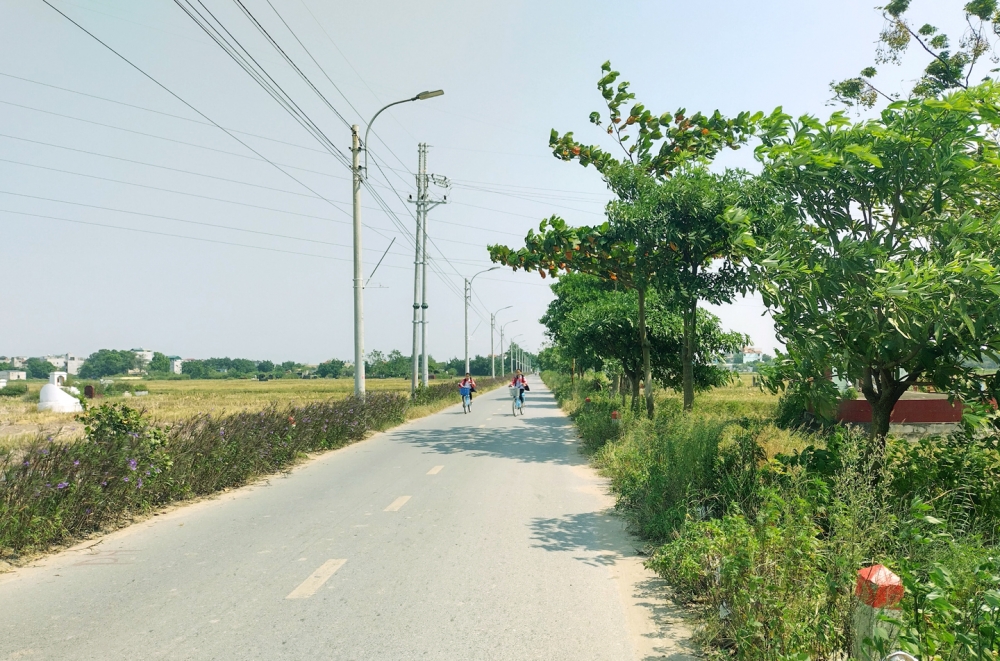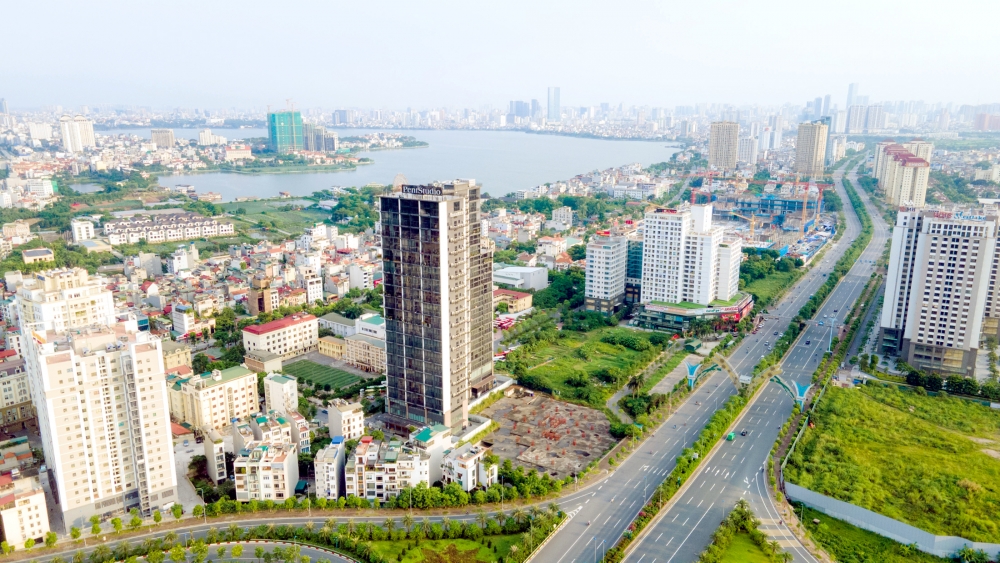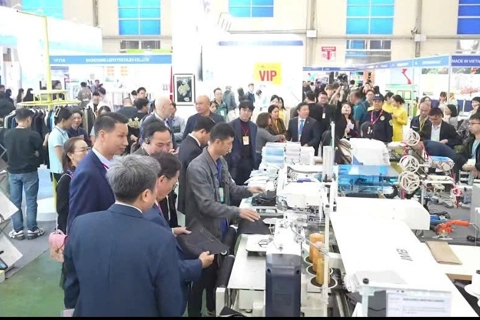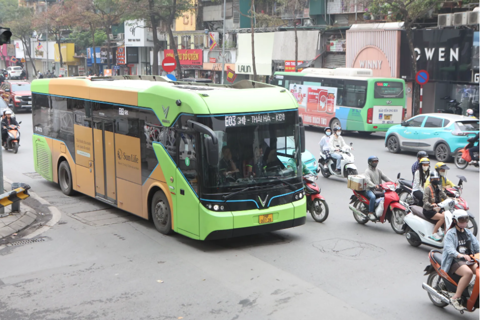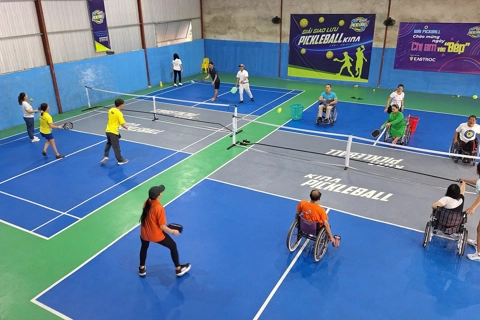Hanoi makes 'great strides' after 15 years of adjusting administrative boundary
In many districts and wards of Hanoi, the improvement in the economy and people's lives is also increasingly visible.
After 15 years of administrative boundary adjustment under Resolution No.15 dated in 2008 by the National Assembly, Hanoi has made many "strong strides", contributing to the overall achievements of Vietnam.
The decision was of historical significance, expressing a strategic vision, opening a new period for the city's development, and making Hanoi the 17th largest capital in the world. The economic life of people from the suburbs to downtown districts has gradually changed, becoming more prosperous and happier.
Suburban changes
Under the leadership and management of the Hanoi government, people's lives have experienced "strong progress" in the past 15 years.
Dang Thi Cuoi, a passionate organic vegetable farmer in Hanoi's suburban Dan Phuong District, told local media that her family used to be very poor, but hi-tech farming has changed her family's life.
"The move has enabled me to grow vegetables using advanced technology right at my hometown," Cuoi said.
Good cultivation coupled with timely support by local authorities have resulted in better farming, producing more and better quality products, she said.
Fortunately, the Dan Phuong District authorities "energized" Cuoi by lending her more funds. The staff of the district's economic department also helped her to make her vegetable model expanded. As a result, many people from all over the country have come to learn from her so that they can all move forward together.
The suburbs of Hanoi are increasingly being renovated. Photo: Giang Nam |
In particular, most of her high-tech organic vegetables are sold at stable prices, creating not only a source of income for her family, but also jobs for many local workers with steady income.
At present, in many other localities, the improvement of the economy and people's life is becoming more and more obvious. Van Hoa Commune in Ba Vi District, one of the ethnic minority communes far from central Hanoi, is an example.
Nguyen Phi Long, Deputy Secretary of the Party Committee and Chairman of the Van Hoa Commune People's Committee told local media that Van Hoa is a mountainous commune with an ethnic population of 48%.
With the unremitting efforts of the Party committee and the people of the commune, and the attention of the district and the city, Van Hoa has made great progress in improving people's lives. In particular, the new-style rural construction program has helped to change the face of the commune.
Like Van Hoa, Tien Xuan Commune in Thach That District started as one of the localities that faced many difficulties before the administrative boundary adjustment. Today, however, Tien Xuan is different from the past. It is not difficult to see that electricity, roads, schools, railway stations, cultural houses in the village are being built in a synchronized manner.
Nguyen Van Nghia, Vice Chairman of Tien Xuan Commune People's Committee, said that the commune has experienced positive changes. The commune has received investment from the local government to upgrade the infrastructure system and improve people's livelihoods.
"At present, households in Ten Hung are investing in high-tech agricultural production models, raising livestock on a farm scale, developing reforestation (on the high mountains) and growing fruit trees (at the foot of the mountain). Most of the young workers have jobs in enterprises and businesses in the commune," Nghia added.
Hanoi's development after the administrative boundary adjustment is a landmark, gradually improving the socio-economic conditions in remote rural and mountainous areas.
Hanoi is developing in an increasingly synchronized way. Photo: Giang Nam |
According to the Hanoi Statistics Office, over the past 15 years, the capital's economy has held the leading position, is the driving force for the development of the Northern Key Economic Zone, and plays an important role in Vietnam's economy.
Gross Regional Domestic Product (GRDP) in the period 2011-2022 increased by an average of 6.67% per year, including services (6.77%), industry - construction (8.19%), agriculture (2.87%).
Hanoi authorities have focused on agricultural and rural development. So far, 15/18 districts have achieved the new-style rural standard. The rural appearance has changed positively to become more civilized and modern, while the values of traditional cultural identity are still preserved and promoted.
At the same time, Hanoi has been leading the country for many years in terms of schools, the quality of education and the number of excellent students who have won medals in national and international competitions. Higher education and vocational training make important contributions to high-quality human resources.
Hanoi's work in protecting and caring for people's health has achieved many important results. The quality of medical examination and treatment has been improved by applying many advanced and modern techniques in diagnosis and treatment. Many of the applied technologies are on par with leading regional hospitals.

